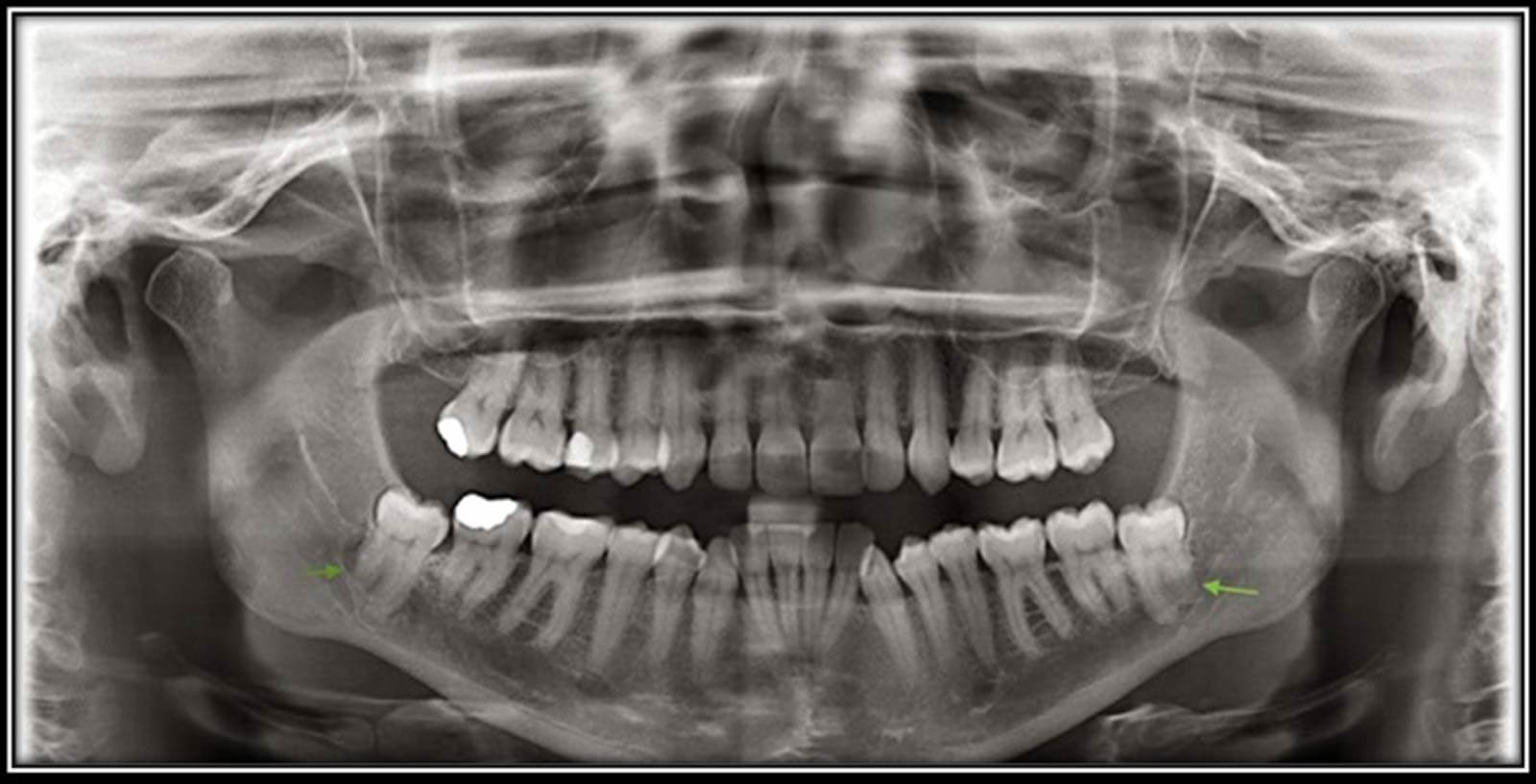Wisdom Tooth Extraction: What to Expect and How to Prepare
Wisdom tooth extraction is a common dental procedure to remove one or more of the third molars. These teeth are known as the wisdom teeth. These teeth typically emerge in the late teens or early twenties. Often there isn’t enough room in the jaw to accommodate them, which can lead to crowding, impaction, and discomfort. Extraction is common to prevent or resolve these issues, to prevent future complications. Here’s what you need to know about wisdom tooth extraction and how to prepare for a smooth recovery.
Why Are Wisdom Teeth Removed?
Wisdom teeth can cause various problems as they attempt to emerge in the back of the mouth. Many people’s jaws are not large enough to comfortably fit these extra molars. This can lead to tooth impaction which is when the tooth is trapped under the gums or bone. Or partial eruption, where only part of the tooth breaks through the gums. Common issues associated with wisdom teeth include:
- Crowding or Shifting Teeth: Because wisdom teeth don’t have enough space to grow in, they can push other teeth out of alignment. This can affect the smile and bite.
- Impaction: Impacted wisdom teeth can grow sideways, pushing against other teeth or becoming trapped under the gums, leading to pain and swelling.
- Infection and Inflammation: Partially erupted wisdom teeth are prone to infection, as they’re harder to clean and can trap food and bacteria, causing gum infections or cysts.
For these reasons, dentists often recommend wisdom tooth extraction to prevent pain, misalignment, and oral health complications.
The Extraction Procedure
Depending on the complexity of the case, wisdom tooth extraction can be done by a general dentist or an oral surgeon. The procedure typically involves the following steps:
- Consultation and Evaluation: Before extraction, the dentist will take X-rays to evaluate the position of the wisdom teeth and determine the best approach for removal.
- Anesthesia: Local anesthesia is given to numb the area. We can also use Sedation to help you relax or sleep during the procedure.
- Extraction: For impacted wisdom teeth, the dentist may need to make an incision in the gums and remove a small amount of bone to access the tooth. The tooth is then gently extracted, often in pieces to minimise disruption to surrounding tissues.
- Stitches and Gauze: After the tooth is removed, stitches may be used to close the incision, and then gauze is applied to help control bleeding.
Recovery and Aftercare
Recovering from wisdom tooth extraction usually takes a few days to a week, depending on the complexity of the procedure and individual healing rates. Following these aftercare tips can help ensure a smooth recovery:
- Rest: Take it easy for the first 24 hours after extraction. Avoid strenuous activities to reduce the risk of bleeding and swelling.
- Control Swelling and Pain: Applying an ice pack to the outside of the cheek for 15-minute intervals can reduce swelling. Over-the-counter pain medications or those prescribed by your dentist can help manage discomfort.
- Diet: Stick to soft foods like yogurt, applesauce, and soup for the first few days. Avoid hard, crunchy, or hot foods that could irritate the extraction site.
- Avoid Smoking and Straws: Smoking or using straws can create suction in the mouth that may dislodge the blood clot. This can lead to a painful condition called dry socket.
- Oral Hygiene: Keep the mouth clean, but be gentle around the extraction site. Rinse with a saltwater solution after 24 hours to reduce bacteria and aid healing.
When to Call the Dentist
While some discomfort and swelling are normal, it is important to look our for any signs of complications. If you have intense pain, excessive bleeding, fever, or pus around the extraction site, call us immediately . These could be signs of infection or dry socket, which may require additional care.
Benefits of Wisdom Tooth Extraction
Removing problematic wisdom teeth can relieve pain, prevent infection, and protect the alignment of your other teeth. You can experience fewer oral health issues and discomfort once you have your wisdom teeth removed. This makes it a worthwhile preventive procedure for long-term health and comfort.
Wisdom tooth extraction is a routine procedure, and with proper care, recovery is typically smooth and manageable. By preparing in advance and following your dentist’s aftercare instructions you will be on you way to a successful recovery.
Your dentist will consult and recommend whether the procedure can be performed in-office or if you need to be referred to an Oral and Maxillofacial Surgeon.
You don’t need a referral to see us. Simply call us on 07 5443 1263 or book your appointment online!

